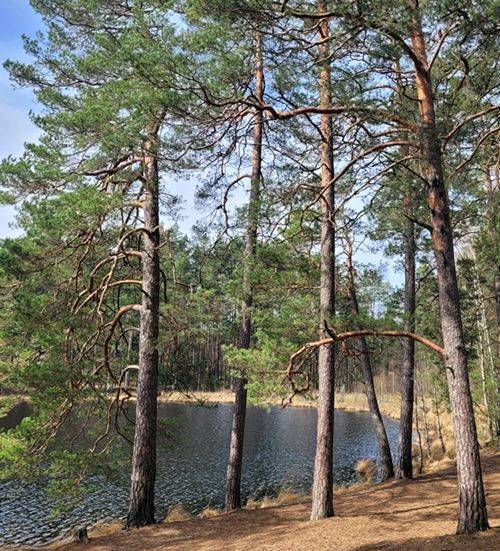Imagine waking up to the crisp morning air, the gentle rustle of leaves, and not a single trace that you were ever there—aside from happy memories. That’s the magic of eco-friendly camping: enjoying nature’s beauty while preserving it for generations to come. In this guide, we’ll share why sustainable camping matters, our favorite gear, and personal tips to make your next outdoor adventure both memorable and responsible.
Why Eco-Friendly Camping Matters
- Preserve Pristine Landscapes: Popular campsites face erosion and litter—small actions add up.
- Protect Wildlife: Minimizing food scraps and human interference keeps animals safe.
- Conserve Resources: From water to firewood, sustainable practices extend nature’s gifts.
By choosing eco-friendly camping, you become part of a growing movement that cares deeply for public lands, national parks, forests, and backcountry trails.
Personal Gear Recommendations
- Tent: we suggest to choose tent built with recycled fabrics.
- Biodegradable Soap: it rinses clean without harming waterways.
- Solar Charger & Lights.
- Sleep System: alternative sleeping bag.
- Cookware & Utensils: titanium, lightweight and reusable.
- Clothing: we suggest to choose merino wool layers for odor control and recycled nylon shells to shield against wind and rain.
Remember: Gear matters—not just for comfort, but for impact.
7 Simple Eco-Friendly Camping Tips
- Plan & Pack Light: Fewer items = less fuel to carry. We recommend to use a checklist app to avoid overpacking.
- Stick to Established Campsites: Camp on gravel, sand, or designated pads to protect vegetation.
- Practice Fire Safety: Use existing fire rings, keep fires small, and fully extinguish with water before leaving.
- Leave No Trace: Pack out all trash—even orange peels and food scraps.
- Conserve Water: Wash dishes in a basin, then carry gray water at least 200 ft from streams (check your state’s environmental regulations).
- Respect Wildlife: Observe animals from afar and store food in hanging bags or locked containers.
- Support Local: Buy from nearby farmers or co‑ops for fresh, seasonal meals and to reduce packaging waste.
Choosing the Right Campsite
- Eco‑Certified Campgrounds: Look for sites with recycling bins, composting toilets, and solar‑powered facilities.
- Off‑Peak Visits: Traveling midweek or shoulder‑season helps avoid crowds and lessens impact.
- Community‑Run Sites: Smaller, volunteer‑maintained parks often have stronger conservation policies.
You may also be interested in our article on this topic: How to choose camping sites for beginners
Minimalist Meal Planning
- Meal Prep: Pre‑cook grains and beans at home to reduce cooking time and fuel use.
- Reusable Containers: We pack meals in silicone pouches that collapse when empty.
Local & Organic: Visit a local farmers market en route to stock up on produce—supports the community and cuts down on plastic.
Engaging in Conservation
• Trail Clean Ups: Bring an extra trash bag on every hike; pick up any litter you spot.
• Native Planting: If permitted, participate in park restoration days to plant shrubs, wildflowers etc.
By following these sustainable practices and choosing the right equipment, you’ll leave the wilderness as pure as you found it—and inspire fellow campers to do the same. Pack your bags, grab your tent, and join us in the adventure of a lifetime—one that cares for our planet as much as it thrills our souls.
You may also be interested in our articles on these topics: 1) Safety Tips for Camping in Different Environments; 2) Car camping: how to pack your car for a weekend camping trip.
Affiliate disclosure: This post may contain affiliate links. If you use them to make a purchase, we may earn a commission at no extra cost to you. As always, we only recommend gear we’ve tested or truly believe in.

